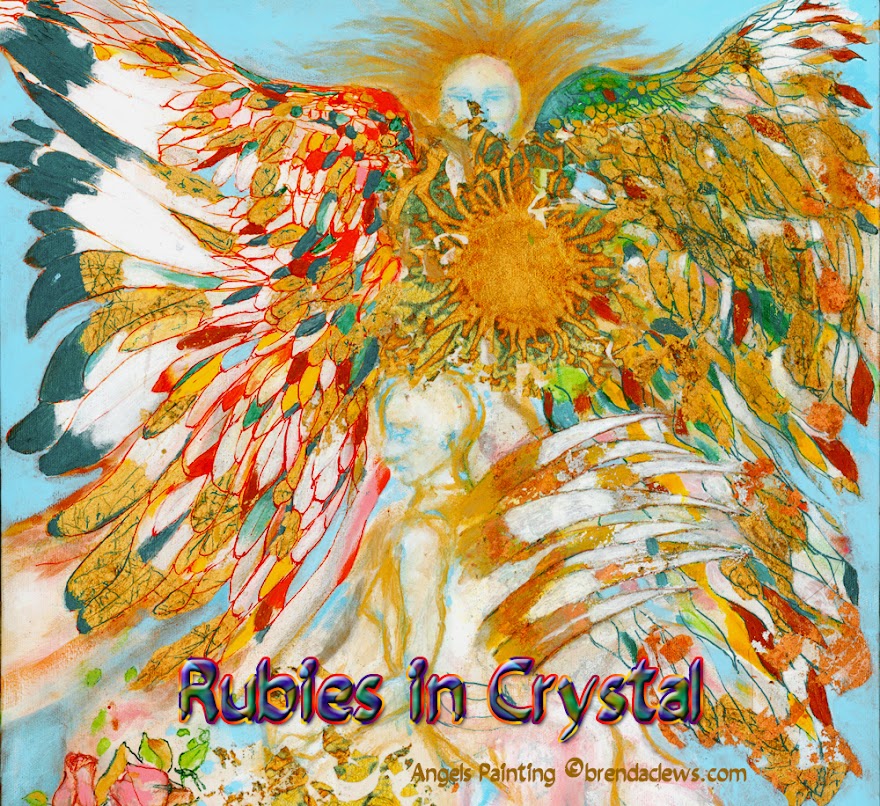- Who creates the agenda?
- Who manages the meaning-making?
of the speaking, doing, appearing?
Elements of deep personal power:
- Privilege
- Self-knowledge
- Disciplinary micropractices
or do we resist?
How do dynamics of power unfold in planned and unplanned organizational structures?
Unlike Surface Power, with legitimate authority, expertise, a referent of trust and commitment, rewards/coercions, associations/networks/who you know, a visibility of coalitions, and a show of flexibility/autonomy, the elements of Deep Structure Power concerns management of meaning, symbols that are difficult to define, routines and rules that are taken-for-granted, unquestioned.
Power is the ability to do.
Power is knowing yourself.
Power is having others believe.
Deep structural power is invisible.
In the Deep Structures of Power, mechanisms of surveillance become internalized.
Dynamics of Resistance:
- disobedience
- subversion
- challenge
- defiance
the ultimate subversive
act?
Who creates the story has the power.
Can we re-write the stories,
or abandon them to write new stories?
_____
A weaving of notes found on a scrap of paper from a lecture in 2001 by I don't know who... update: search engines are marvelous: Patricia Bradshaw: "Deep Structures of Power and the Challenges of Organizational Transformation."



If people write to me, I like that...then I write back...naturally.
ReplyDeleteSorry to post such a skeletal thing!
ReplyDeleteIt may grow into a richer piece, but the ideas here resonate with the themes I'm working with.
As social beings, we are always in relationships of power of some sort or another. Or is that a jaundiced view? According to whose meaning do we render our acts? According to whose meaning, whose response, do we render our writing? How are we shaped by that which we wish to be accepted by?
This section is obviously going to expand.
Thanks, Twoberry, for responding so directly and clearly to the questions raised here. I absolutely believe you, too. There are ways of being in relationship that don't involve power at all.
Chuck, I tend to be the same way. What is reciprocal is becoming more important to me; there's so little time for giving without reciprocity.
Brenda, I still don't understand quite what this is about for you. But I'm reading your writing, and I'm thinking. I'm thinking about power is when I believe in myself. As long as I believe in myself I am not relinquishing anything. I am all I have to count on.
ReplyDeleteMB, that is such a strange idea to me - to think in terms of believing in myself! I tend to just do... to catch inclinations at the corner of consciousness and explore them. Since my body is composed of bits of the earth that were other things, almonds, wheat, dinosaur bones, and my words of an alphabet millenias old and out of which I draw my personal expressions, I tend to just go ahead and be without ever thinking about things like self-belief. And maybe that's why I can get derailed, and where I can learn from you...
ReplyDeleteThe notes from this old lecture that I came across by accident fit the theme of what I'm working on very well, and are already forming an underlying theoretic structure, the bones if you will.
Recognizing deep power structures means you're half way there, no?
"Who creates the story has the power." -- But sometimes, who interprets the story (for better or for worse) has more....
ReplyDelete